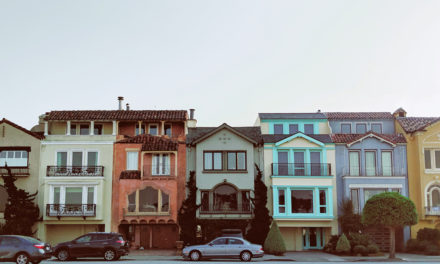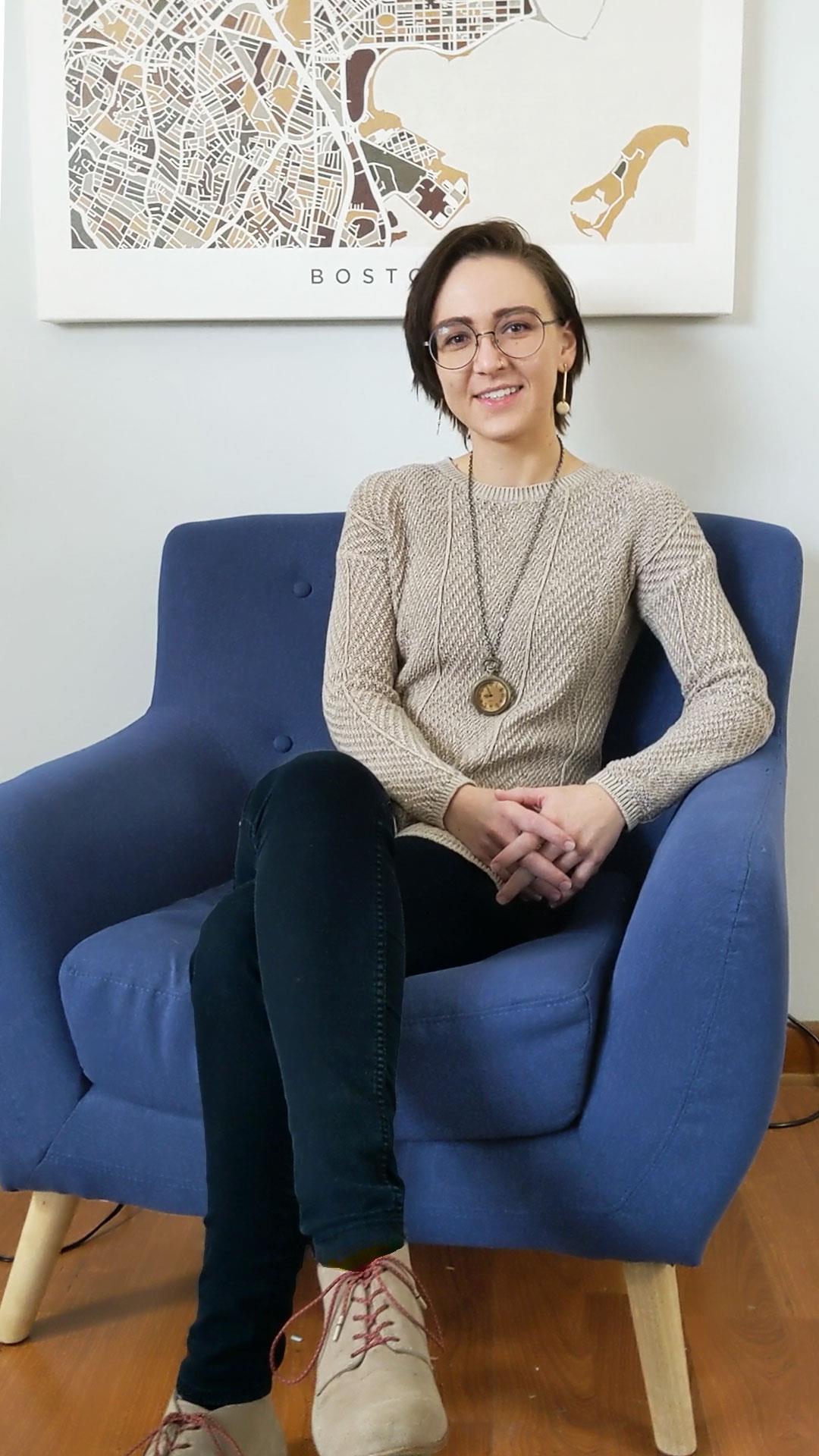(Note: This podcast episode has been out for a while, but I wanted to post it here on my blog, too, as I’m bringing my blog up to speed.)
This past May, I had the honor of being featured on the pilot episode of a new podcast called “Life on Side B.” This is a podcast run by my friend and colleague, Josh Proctor.
Topics Covered
On this podcast, I talk about my experience the past year-and-a-half of choosing to live in Christian community with a family and some other single people. Specifically, I share a little about the following:
- The philosophy and journey behind why I intentionally chose community living
- How I found my current community
- My theology of community and what I call Spiritual Family
- What this living situation looks like on a practical level
Again, you can listen to the full episode here.
Takeaways
If you gain anything from the episode, here is what I hope you learn:
- Our relationality is a sign and expression of the relational heart of God. I get my theology of relationality not from 6 isolated Bible verses, but from the holistic narrative arc of the Scriptures, especially Genesis 2 (the ideal beginning), the Gospels (the ideal man in the context of human relationship), and Revelation 21 (the ideal ending). We see throughout Scripture that God is a relational God, existing as Trinity, and thus inherently existing within loving, united relationship with intrinsically different persons. The love within the Trinity is one that is open to life. I believe this is what human sexuality points to at its core. There are complexities within this, ways our nature is fallen, varying good expressions of this, and varying expressions that don’t do a good job reflecting this idea. But we ought to look into the theological meaning of our sexuality and experience and let that guide our expression of it.
- In the Gospels, Jesus took a biological understanding of family and expanded it into a transcendent, spiritual expression of family. In the Old Testament, God’s promises were passed down biologically. Yet in Christ, a man with no spouse or children, we see God’s promises fully fulfilled. How can this be? Well, Jesus “did not come to abolish, but to fulfill” the law. Meaning spiritual family actually fulfills in our human mandate what biological family hints at, but ultimately is only a shadow of. This is good news for absolutely all of us, no matter what situation we find ourselves in. This good news also ought to pose a challenge to absolutely all of us, because it requires laying down our lives and giving our love away to others in ways that are uncomfortable.
- We need to intentionally pursue local community as spiritual family. In our digital age, long-distance friendships still matter, but our human need for local community remains. We need to be intentional to pursue it. It has never been easy to pursue and do well, and it will never really get easier. But it will always be worth it.
- Expanding our vision for and expression of spiritual family could, in ways, save the world. For someone following Christ, regardless of martial or relational status, we are called not to settle for biological family, but to quite literally see and treat “our neighbor” like family. This can look different for each person. And we have much creativity around what this could look like. But when we pursue this, it is ideally a powerful witness in a lonely world. If we see family with a broader vision, we can imagine a world in which widows, orphans, the fatherless, the poor, homeless, spouseless, the childless — as well as those dating, married, and/or those with children — all have a family that transcends what worldly social and relational structures have to offer.
A note on the podcast title: In case you don’t know what “Side B” is, it’s a subgroup of Christians who (a) hold to a traditional ethic of marriage and sexuality, and (b) have a day-to-day lived experience with their relationality/sexuality that makes that ethic particularly challenging. (There are people who would disagree with me on this definition/label, but that is how I would describe it.)
I never ask that you agree with me on everything. I am always open to being challenged in my views. My hope for you in this podcast is that you, too, are challenged to think, and to be more intentional about cultivating relationships, whether deeper or wider, within your local community.

![[Podcast Episode] Talking about Community Living on “Life on Side B”](https://blog.megbaatz.com/wp-content/uploads/2019/10/meg-communal-community-living-life-on-side-b-spiritual-family-640x640.jpg)



